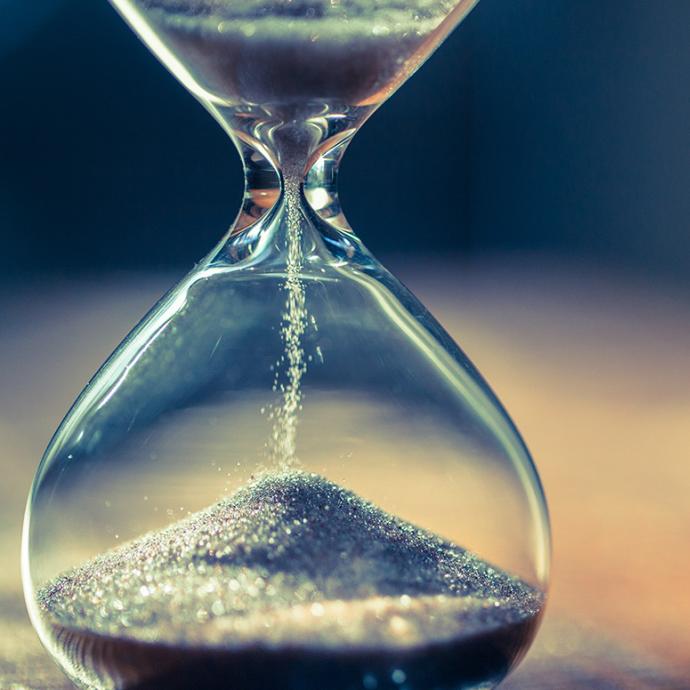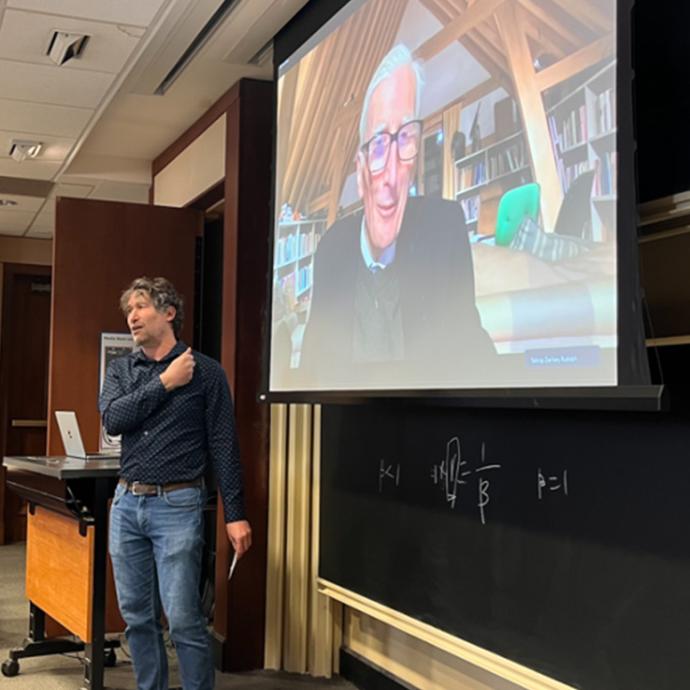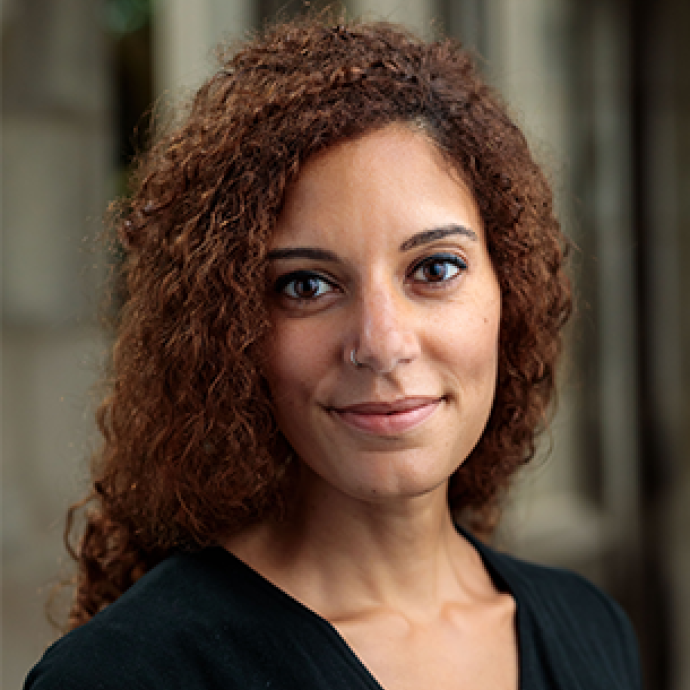Editor’s note: This is the final episode of Big Brains, but stay tuned for several bonus episodes this summer, and a new season come fall with some of the pioneering minds at the University of Chicago.
It has been a long journey for economist Richard Thaler, from early days struggling to get his research published to being honored with the Sveriges Riksbank Prize in Economic Sciences in Memory of Alfred Nobel in October.
Often dubbed as “one of the founding fathers of behavioral economics,” Thaler has worked to bridge the gap between psychology and economic theory to explain people’s often irrational economic decisions.
“Economics kind of, by design, leaves out the behavior,” Thaler said.
Thaler, the Charles R. Walgreen Distinguished Service Professor of Behavioral Science and Economics, came to the University of Chicago Booth School of Business in 1995, but when he arrived, it was in many ways like entering the lion’s den.
“The University of Chicago was not a hotbed of behavioral economics, in fact, pretty much the opposite,” Thaler said. “But I thought this was a way to sharpen my tools—arguing with [UChicago professor and Nobel laureate] Gene Fama is a good way of improving your financial economics.”
Thaler made a career out of disrupting assumptions with his unusual approach to his research, which eventually went mainstream. In 2008, he published the best-selling book Nudge with colleague Cass Sunstein; and in 2015 published Misbehaving: The Making of Behavioral Economics. He also appeared in the 2015 Oscar-nominated film The Big Short, explaining economics alongside actress Selena Gomez.










 —Prof. Chuan He
—Prof. Chuan He
